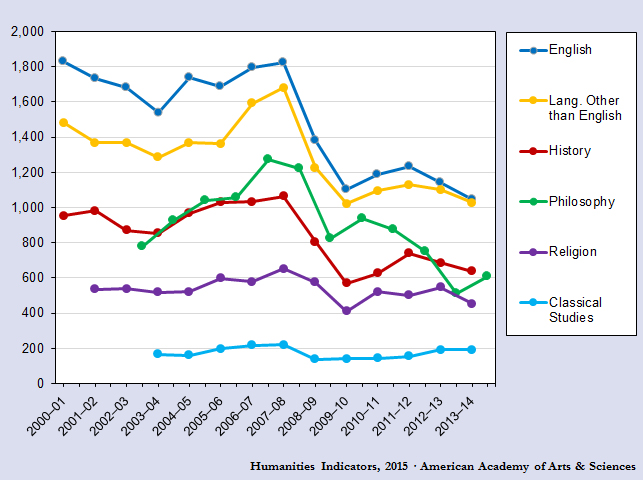Here’s the Real Reason Medical Residents Make Just $47,000 a Year, Study Suggests
"In an upcoming paper in the American Economic Review, Dr. Agarwal argues thatstudents are willing to take a hefty pay cut to end up at a prestigious residency, and this lowers resident salaries by an average of $23,000 annually for all programs. In 2010, the average medical resident made about $47,000 a year, while physician assistants made about $86,000.
"In an upcoming paper in the American Economic Review, Dr. Agarwal argues thatstudents are willing to take a hefty pay cut to end up at a prestigious residency, and this lowers resident salaries by an average of $23,000 annually for all programs. In 2010, the average medical resident made about $47,000 a year, while physician assistants made about $86,000.
“The matching algorithm results in very efficient allocations and a very timely and well-functional market, but people have been resistant to using it because of this issue–they fear that it might negatively affect salaries,” Dr. Agarwal said. “After this paper, we learned that the fact that salaries are low in the medical residency market has nothing to do with the algorithm itself. Rather, it’s because of fundamental economic forces, like the limited number of positions at fantastic hospitals.”
In the medical-residency market, students and residency programs both rank their top choices, and are then matched using this algorithm. In 2012, Alvin Roth and Lloyd Shapley received the Nobel Prize in economics in part for their work creating said algorithm, which is also used in areas such as matching students with public high schools.
A 2002 class-action lawsuit claimed that the medical residency algorithm violated antitrust laws and artificially lowered resident salaries, which are not negotiated between residents and programs. The lawsuit was dismissed after Congress made a special exception for the medical match program under antitrust law.
Dr. Agarwal’s paper finds that applicants are willing to pay an “implicit tuition”—defined as the difference between their actual salary and the salary their labor is worth–to have a prestigious and high-demand residency, such as those at Massachusetts General Hospital or Johns Hopkins Hospital. This keeps salaries low across the board, since all programs are able to levy an “implicit tuition” based on how desirable they are. The implicit tuition is the largest at the top.
“The top programs pay a little bit more than the average programs, but there’s a sense in which their salaries are low relative to the value of the medical resident labor they’re getting,” he said.
Dr. Agarwal used data collected from 2003 to 2011 by the National Graduate Medical Education census. He knew only the outcomes and not how the residents and programs ranked each other.
However, programs that hire multiple residents reveal a lot about their preferences. By comparing the profiles of the residents ultimately accepted by a program, he could infer which factors–such as licensing scores or educational prestige–the program valued most in the admissions process. After doing this for various programs, he was then able to figure out which options a given resident was likely to have had, and estimate the demand for each position.
Since the number of positions is limited relative to demand, more positions at these top residencies would mean the programs will have to compete with each other, therefore increasing salaries, he explained."








